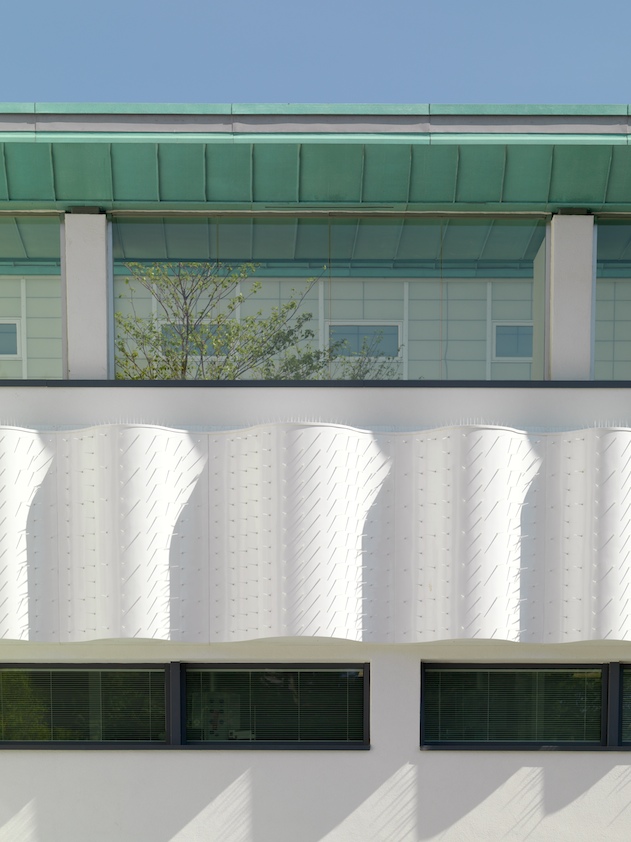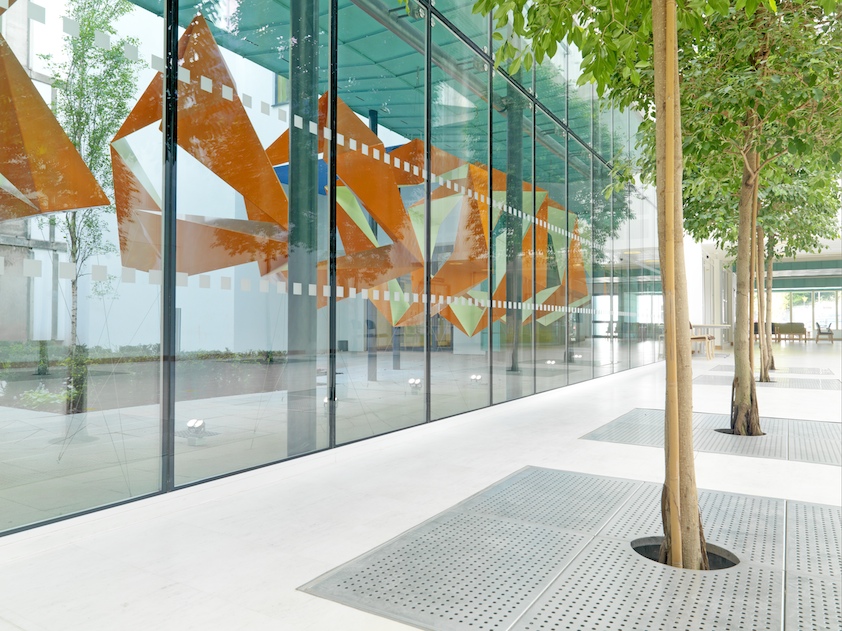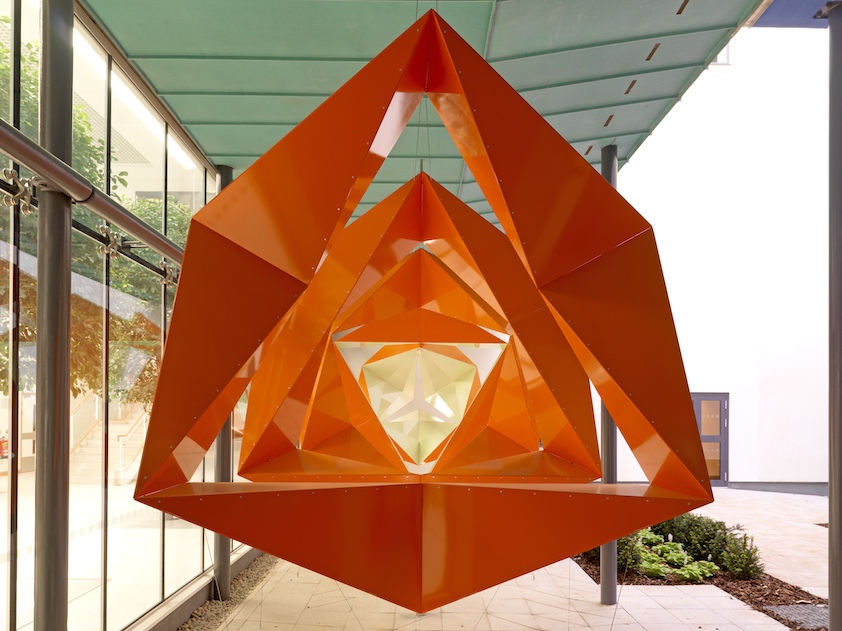
About us
stretto architects are a Bristol based architectural practice with a distinct specialism in design led projects.
We aim to take an ethical approach to everything we do from designing our buildings to running our business. At stretto architects we fundamentally believe in designing healthy, comfortable buildings that have a minimal impact on the environment around us.
We believe in a lean approach to sustainability in which every stage of the design and construction process is re-evaluated to keep waste and harmful by products to a minimum.
Furthermore, we re-evaluate our design processes; question our assumptions; offer choices and propose innovative solutions as a matter of course.
Our central Bristol architecture studion operates an open studio policy because we believe that good team working, and communication are essential to the design process. By developing an understanding of lifestyle and work practices we can develop a clearer picture of the varying needs that our building designs are expected to fulfil, both for now and for the future.
We believe individuals should be able to control their immediate environmental surroundings, both at work and at home. By adopting this ethos as a starting point, the adverse effects of centrally controlled environmental systems e.g., ‘sick building syndrome,’ can be avoided. Ideally, where possible, designs should aim to maximise occupant control of zoned heating, lighting, air quality, noise etc. During the early project stages there is often an opportunity to develop a design strategy that focuses on retaining or augmenting the local ecology.
Innovation
At stretto architects we enjoy innovation and choose to collaborate with other consultants who innovate.
Our approach is to evaluate the norm, assess the appetite of our client for improvement and then, through workshop, critically review the norm to find where improvement is desirable and then, through creative dialogue develop a new solution and establish benefits.
We innovate through design, but also through value. We believe that innovative design brings social value and can act as inspiration to those interacting with the development.

Environment
Our environmental focus extends in to all projects, from and eco self build to and urban development. Our ethos means that we design each project with a focus on carbon, waste, and water, with responsibly sourced materials being a central point to each design.
Carbon
The key to increasing the energy efficiency of our built environment is to look at low- tech methods that have been effective design solutions for previous generations of architects and builders. Historically vernacular buildings were built with an economy of means (materials, construction techniques, labour); designs evolved in response to the demands put upon them by the immediate environment. The foundation for minimising the energy consumed in running a building is rooted in the concept and design stages. The concept stage is one of the major steps in a project life cycle, as it has the largest impact on cost and performance.
Waste
We all have an ethical responsibility as individuals, groups, and organisations to minimise the potential for waste both in the workplace and in the design, construction, use and eventual disposal of our buildings. Over half of the waste going to landfill sites in 2010 was a product of the construction industry. Waste is a source of pollution of air, water, and soil. It is important to recognise the impact design can have on the life cycle of building materials and products. We focus on developing design practices that will maximise the potential for re-use of both buildings as a whole but also of the constituent elements of the building fabric.
Buildings should be designed to last.
Water
The withdrawal of fresh water from an ecosystem should not exceed its natural replacement rate. The following measures should be an integral part of the design process on every job:
- Aim for a beneficial reduction in water loss, use, or waste during cleaning, manufacturing, and agricultural irrigation.
- Aim to reduce water use through the implementation of water conservation or water efficiency measures.
- Aim to improve water management practices that reduce or enhance the beneficial use of water.
However, the value and cost-effectiveness of a water efficiency measure must be reviewed holistically in relation to its effects on the use and cost of other natural resources.
Responsible sourcing
Using green building materials helps to conserve our dwindling non-renewable resources. In addition, integrating green building materials into building projects can help reduce the environmental impacts associated with the extraction, transport, processing, fabrication, installation, reuse, recycling, and disposal of these building industry source materials.
Social Value
stretto architects strive to create an inclusive culture and are committed to placing social value at the heart of our practice. We are committed to creating social value through our work.
As architects we make sure that all of our buildings make a positive contribution to the environment and improve outcomes for their users. We are also committed to creating social value through the way we practice and our relationship with our community and the wider construction industry.
Sustainable design and work practices are part of a moral imperative to minimise our impact on the natural environment. This applies to the re-use and improvement of existing buildings or spaces as well as to new buildings.
stretto architects care about the wellbeing of our employees and those impacted by the places and spaces we create. We aim to understand individual needs and create an environment which is supportive, nurturing and inclusive.
We oppose slavery and human trafficking in all its forms. We have a zero-tolerance approach and are committed to acting ethically and with integrity in all our business dealings and relationships – clients; construction professionals and supply chains.
Our professional community is important to the Stretto Team. We have a collaborative approach to design and believe that working as part of a co-operative team enhances the design process, resulting in better quality buildings.

